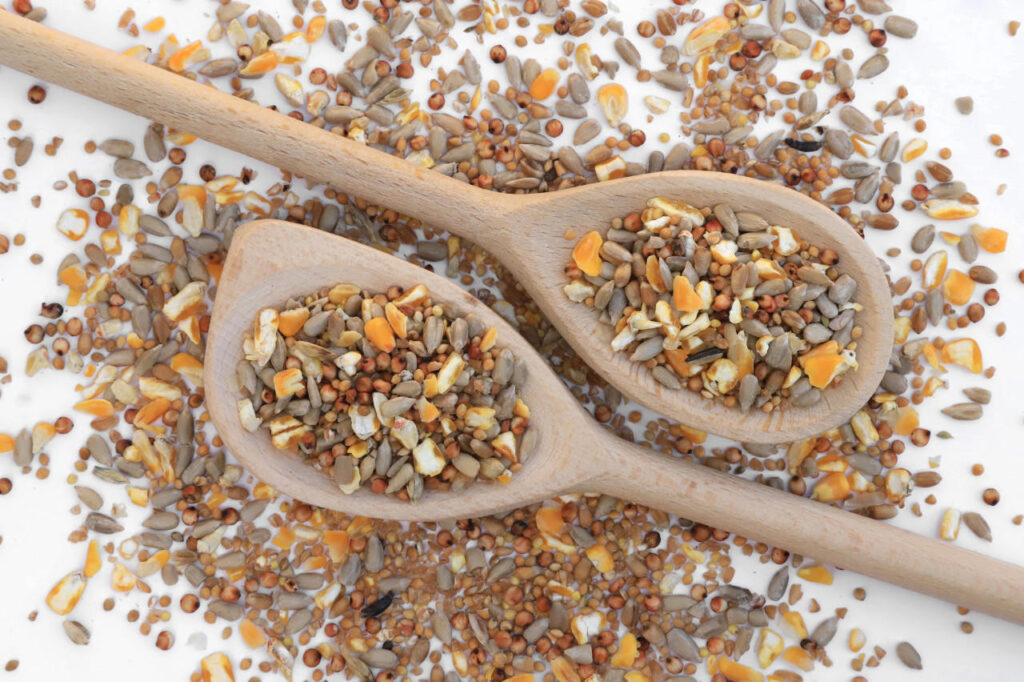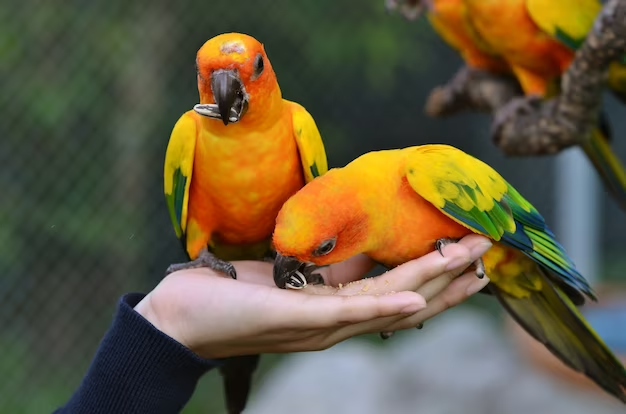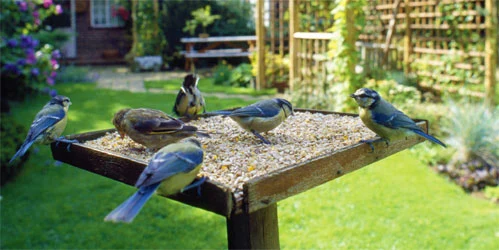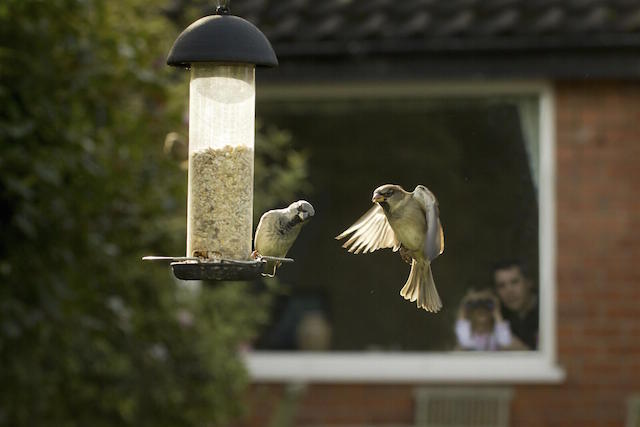“A bird does not sing because it has an answer, it sings because it has a song.” – Chinese Proverb
Birdwatching has long been a beloved pastime in both the United States and the United Kingdom, with millions of enthusiasts setting up feeders in their gardens and yards to attract a diverse array of feathered visitors. To truly bring the avian symphony to your doorstep, knowing the best bird foods is essential. From sunflower seeds to suet cakes, the right food can turn your backyard into a bird lover’s paradise.
The Seeds of Success: Essential Bird Foods
When it comes to feeding birds, not all seeds are created equal. The variety of seeds you offer can determine which species visit your feeders. Here’s a breakdown of the most popular bird foods and the feathered friends they attract:

1. Black Oil Sunflower Seeds
These are a favorite among many bird species due to their high oil content and thin shells, which are easy to crack open. Expect to see cardinals, chickadees, finches, and sparrows flocking to your feeder.
2. Nyjer (Thistle) Seeds
Nyjer seeds are tiny and packed with nutrients, making them perfect for small birds like goldfinches, siskins, and redpolls. These seeds require special feeders with small holes to prevent wastage.
3. Suet Cakes
Suet is a high-energy food made from animal fat and often mixed with seeds, nuts, and fruits. It’s especially popular in the winter months when birds need extra calories. Woodpeckers, nuthatches, and wrens are particularly fond of suet.
4. Safflower Seeds
While not as popular as sunflower seeds, safflower seeds are a great choice for attracting cardinals, grosbeaks, and doves. They have the added benefit of being less appealing to squirrels.
5. Peanuts
Offering peanuts (either whole or shelled) can bring in jays, titmice, and woodpeckers. Ensure the peanuts are unsalted and free from any coatings that could harm the birds.
Bird Food Myths Busted
There are several myths surrounding bird feeding that can lead to misconceptions and missed opportunities for birdwatchers. Let’s debunk a few:

Myth 1: Birds Become Dependent on Feeders
Birds are opportunistic feeders and will not become dependent on your feeders. They view them as just another food source and will continue to forage for natural food.
Myth 2: Bread is Good for Birds
While it might seem harmless, bread offers little nutritional value to birds and can even be harmful in large quantities. Stick to seeds, nuts, and suet for healthier options.
Myth 3: All Bird Feeders Are the Same
Different bird species prefer different types of feeders. Tube feeders are great for small birds, while platform feeders can accommodate larger birds. Choose your feeders based on the types of birds you want to attract.
Creating a Bird-Friendly Garden
To truly enhance your bird feeding experience, consider transforming your garden into a haven for birds. Here are some tips:

1. Plant Native Shrubs and Trees
Native plants provide natural food sources and shelter for birds. Berry-producing bushes and seed-bearing flowers are particularly beneficial.
2. Provide Fresh Water
Birds need water for drinking and bathing. A shallow birdbath with clean water will attract a variety of species. In colder months, consider a heated birdbath to prevent the water from freezing.
3. Avoid Pesticides
Pesticides can be harmful to birds and the insects they feed on. Opt for organic gardening methods to keep your garden safe for wildlife.
The Joy of Birdwatching
Feeding birds is not just about providing them with food; it’s about creating an environment where they can thrive. Watching birds flit and flutter, hearing their songs, and observing their behaviors brings a sense of peace and joy that’s hard to find elsewhere. As you experiment with different foods and feeder setups, you’ll soon discover the unique preferences of your local bird population.

Remember, the best bird food is one that’s safe, nutritious, and tailored to the species in your area. By offering a variety of seeds, nuts, and suet, you’ll be rewarded with a vibrant and melodious garden teeming with life from seed to sky.





















